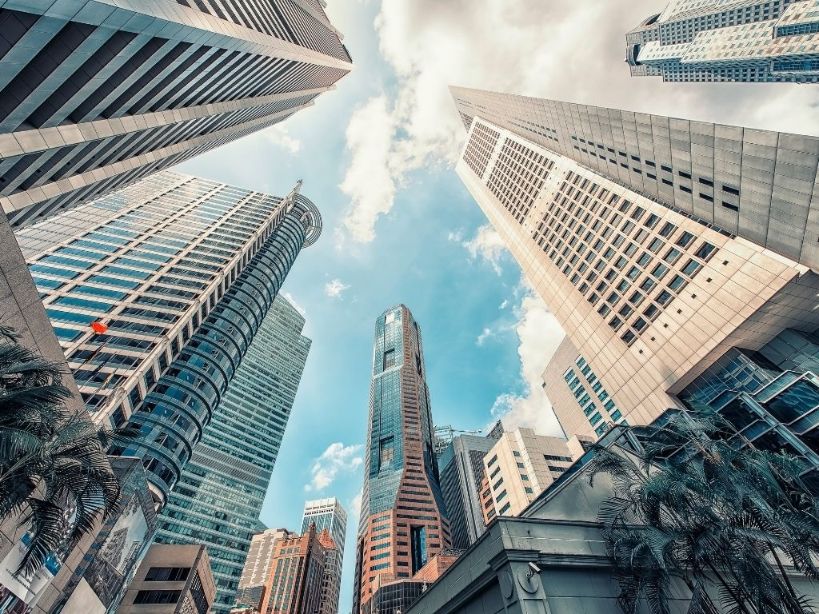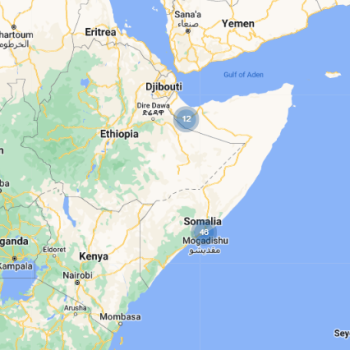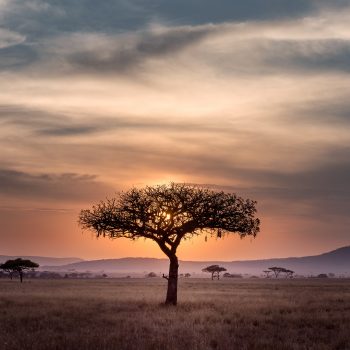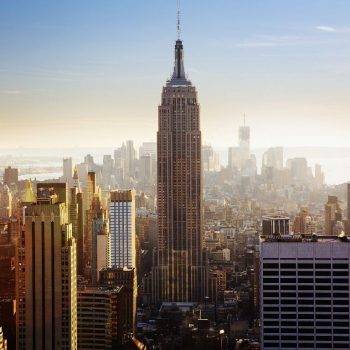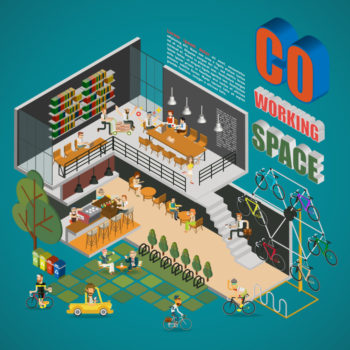This article offers an overview of the global startup ecosystem and looks at a wide range of cities that dominate ecosystems in each region. While some areas are flushed with venture capital funding and others are in the process of breaking through infrastructure and technological problems for a spot on the table, the global startup ecosystem as a whole shows how innovation and growth pockets all around the world are evolving in different ways. This mini-guide will delve within each region as set out on our annual Global Ecosystem Report and highlight notable players and fast-evolving ecosystem developers in each area.
Are you interested in startup innovation and entrepreneurship? You can access more reports on global and regional economic development as well as our new Coronavirus Innovation Map that shows the best countries fighting the pandemic and facilitating new developments in the pandemic era.
North America
North America is without a doubt the Queen of the global startup scene, with 412 startup ecosystems represented in our annual report. The majority of the ecosystems (383) are from the United States; they are also by far the top contender globally in the area of startups and innovation. Following the trend of the last couple of years, the United States stands comfortably above other ecosystems in terms of strength and entrepreneurship mentality.
The United States has also shown high adaptability during the period of the pandemic, claiming the first stop in our Coronavirus Innovation Map, and especially within the ecosystem of San Francisco. Canada (ranked 4th globally) is the second strongest support player in the region with 29 ecosystems present in the Top 1000 report. A number of notable companies have started in Canada, like software and messaging service Slack.
Overview of North America region by numbers:
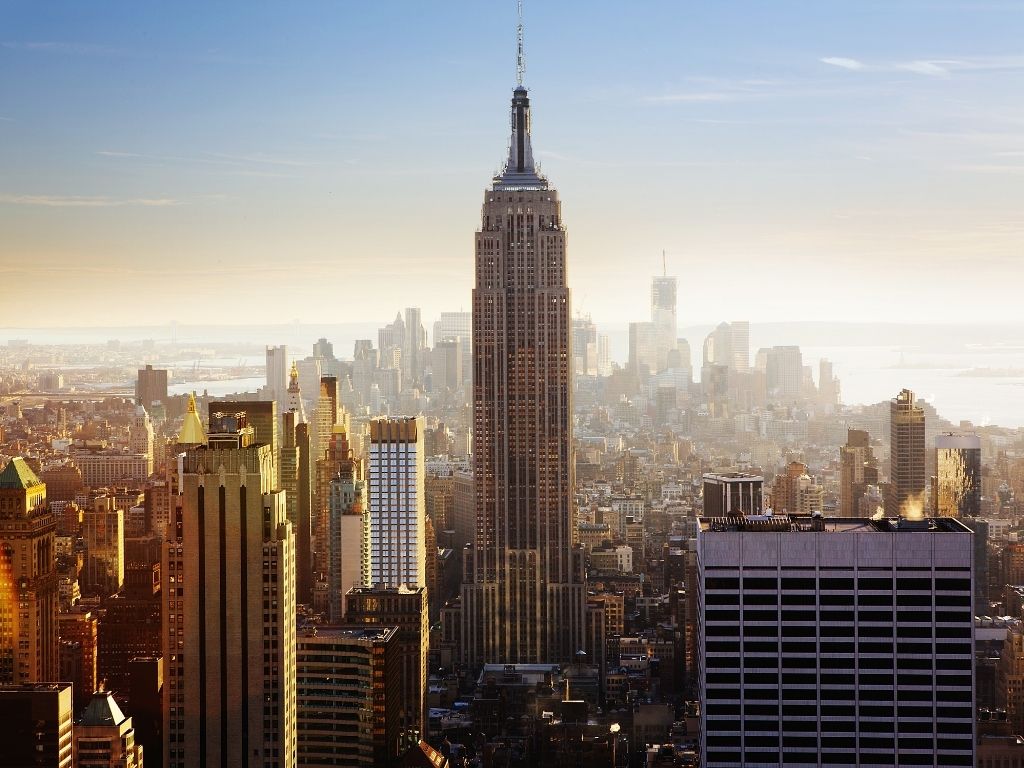
Cities in the Top 1000: 412
Countries in The Top 100: 2
Most powerful regional ecosystem: United States
Ecosystem overperforming in certain vertical: Edmonton, Canada massively overperforming in the vertical of energy and environment in place 25 (from 91 ranking overall)
Overall trend in the North American region: Continued dominant presence of the United States and steady growth of supporting ecosystem players.
Asia Pacific
In contrast to Europe that has remained relatively stable, the region of Asia Pacific is showing massive growth potential in the near future that will bring huge momentum to the area. Australia is another strong supporting player in the ecosystem that in some ways resembles Canada in the North American ecosystem, but is yet to be able to compete against the giants and needs to keep growing. This region is one of the most diverse in its players, with strong economies like that of Japan and Singapore, and emerging ecosystems in countries like the Philippines, Malaysia and Indonesia that were until recently seen as outsourcing destinations.
Singapore, Taiwan, Australia and South Korea, Japan and the Philippines are notably also present in the Coronavirus Innovation Map as countries that have led the fight against the pandemic with innovative solutions. Taiwan, in particular, had a spectacular year, with renewed support from the government and public sector and digital solutions in the areas of technology and health during the pandemic. Manila is also pushing for a spot as one of the top-performing ecosystems in the region and the introduction of the Innovation Startup Act, will surely support and push growth in education and innovation across the country and remove obstacles to operation and expansion.
Overview of Asia Pacific region by numbers:
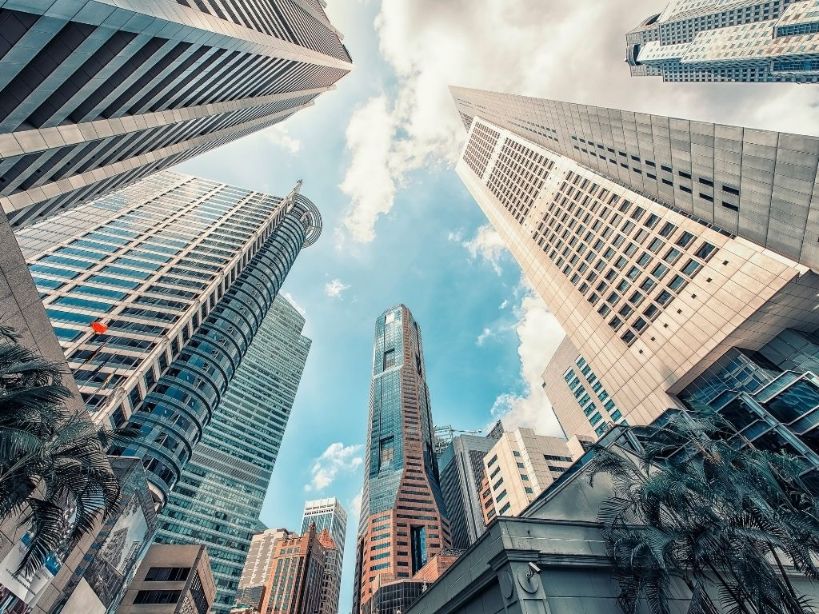
Cities in the Top 1000: 118
Countries in The Top 100: 19
Most powerful regional ecosystem: Australia
Ecosystem overperforming in certain vertical: Sunshine Coast, Australia, overperforming in the vertical of foodtech in place 55 (from 259th); Kyoto, Japan, overperforming in the vertical of hardware in 95th position (from 251st); Taipei City, Taiwan, massively overperforming in the hardware vertical in an impressive 8th position (from 42nd); Manila, Philippines, overperforming in the vertical of education in position 36th (from 88th).
Overall trend in the Asia Pacific region: Very well-positioned for future growth, with a strong focus to the West and domestic markets in China and India. Cultural mindset slowly geared towards more open economies.
Read More: Startup Ecosystem Guide Asia
Europe
This is a region that can be characterized as one of the best ranking ecosystems as a whole with top-performing players concentrated in certain regions that continue to perform admirably. Historically Europe has never created a massive startup corporation in the style of Amazon or Apple and Microsoft but there are high hopes that this is changing. While there is potential for it to become a dominant region in the startup ecosystem scene it is not yet able to compete with the giants and challenge the authority of the USA, as China has in recent years. Smaller countries, especially in the Baltics are also slowly emerging and showing their strength, especially in the vertical of fintech, like Kyiv in Ukraine that is a powerhouse of developers. One of the biggest obstacles in the European ecosystem is its top ranking players are not part of the European Union. The United Kingdom has taken 2nd place in this year’s Global Ecosystem Report, and there are no signs of another regional ecosystem being a strong contender following Brexit.
Similarly, Israel and especially Tel Aviv, although not geographically part of Europe (it is grouped under Middle East and Africa in the annual report) is a key member of many transnational frameworks in Europe and has strong economic and trade relations. Overall, this signifies the inability of the European Union to accommodate startup business ventures and lack of government support and bureaucratic frameworks can slow things down significantly.
Overview of Europe region by numbers:
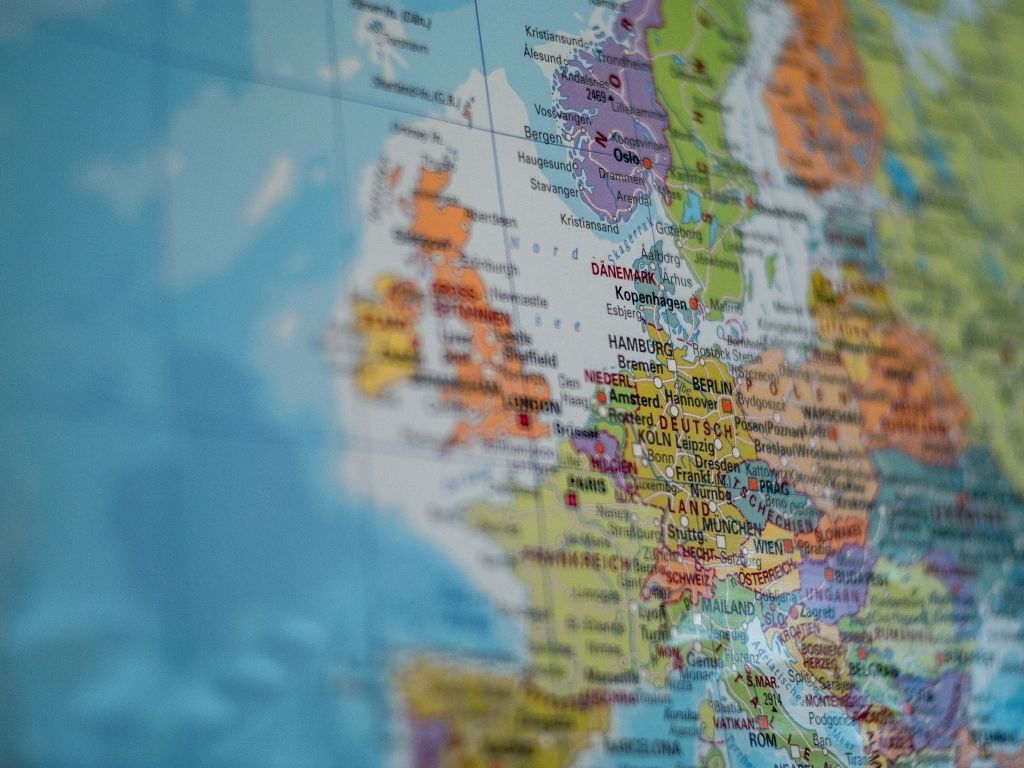
Cities in the Top 1000: 339
Countries in The Top 100: 45
Most powerful regional ecosystem: United Kingdom
Ecosystem overperforming in certain vertical: Slovenia is greatly overperforming in the vertical of foodtech in place 11th (from 35th); Moscow already ranked high in global 9th place is overperforming in verticals of health (5th) energy (5th) and education (2nd); Vilnius in Lithuania is also overperforming in most verticals in the 75th position overall and with strong verticals in hardware (17th), fintech (29th) and marketing (26th).
Overall trend in Europe: The overall key players in Europe remain relatively stable and there is a lot of movement in Eastern Europe and the Baltics with ecosystems particularly strong in fintech and a focus on flexible government frameworks and startup visas.
Read More: Startup Ecosystem Guide Europe
Latin America & Caribbean
The startup ecosystem scene in Latin America and the Caribbean showed signs of slowing down with a lot of regional hubs like Lima, Rio de Janeiro and Bogota dropping in the rankings. While the unfilled potential in the region is evident there are a lot of new cities and countries joining the startup scene and awareness from regional players is also opening up.
With the government and public support placing importance on development and innovation, the future for Latin America and the Caribbean shows very positive signs. One advantage of the Latin America region has always been the shared language with Spain as an entryway to the European market. Brazil and specifically the city of Sao Paulo that has climbed to the 18th position globally, is the strongest country in the ecosystem, with 29 cities present in the Top 1000 report and strong efforts to reduce bureaucracy and relax regulations for entrepreneurs. At the same time, Chile is also actively building their “Startup Chile” programme and working on attracting foreign investors and entrepreneurs in their ecosystem, an example that is being copied by other regional ecosystems. In addition, major international corporations like e-commerce giant Mercado Libre and tech startup Rappi are two of the massive companies that show the potential of South America.
Overview of Latin America and Caribbean region by numbers:

Cities in the Top 1000: 76
Countries in The Top 100: 15
Most powerful regional ecosystem: Brazil
Ecosystem overperforming in certain vertical: On a country level the Chile and Argentina ecosystem are massively overperforming in areas of energy and ecommerce respectively; while on the city level the ecosystem of Sao Paulo (18th globally) and Mexico City (53rd globally) are leaping in the vertical of fintech (17th and 21st respectively). Cali, Colombia, is massively overperforming in the vertical of hardware with a ranking of 103rd from a 330th globally.
Overall trend in Latin America and Caribbean: A lot of strong regional players supporting the Latin America and Caribbean ecosystem that is supported by the presence of Brazil, Chile and Argentina.
Middle East and Africa
Incredibly diverse and with signs of great potential, Africa and the Middle East is one region that can drive massive developments. Israel is the strongest player in the ecosystem with a significant difference between its ranking in place 3rd position globally and the runner-up in the region, United Arab Emirates, at 43rd. The United Arab Emirates is also the only ecosystem in the Middle East and Africa, outside of Israel to make it to the top 50 list. Overall, the startup scene here is performing on two fronts, trying to build new ways of doing things while at the same catering to and fixing existing and painful problems within the system. While progress is slow, most of the startup ecosystems in Africa and the Middle East were non-existent a few years ago and are moving towards the right direction.
For some regional players like Cape Verde, a strong public sector commitment has been integral to the development of the local ecosystem. Somalia and the growing ecosystem of Mogadishu is another pertinent example of innovation and movement during tough economic conditions, proving the enthusiasm and drive of the local ecosystem developers and entrepreneurs. The most successful fintech startup in Africa, the Kenyan M-Pesa, is still celebrated more than 10 years later, for the ways it disrupted the way people transferred money and made leaps for the African ecosystem. With improvements in internet penetration and VC interest, tech hubs are growing stronger in Nigeria, South Africa, Tanzania, Ethiopia and many others.
Overview of the Middle East and Africa region by numbers:
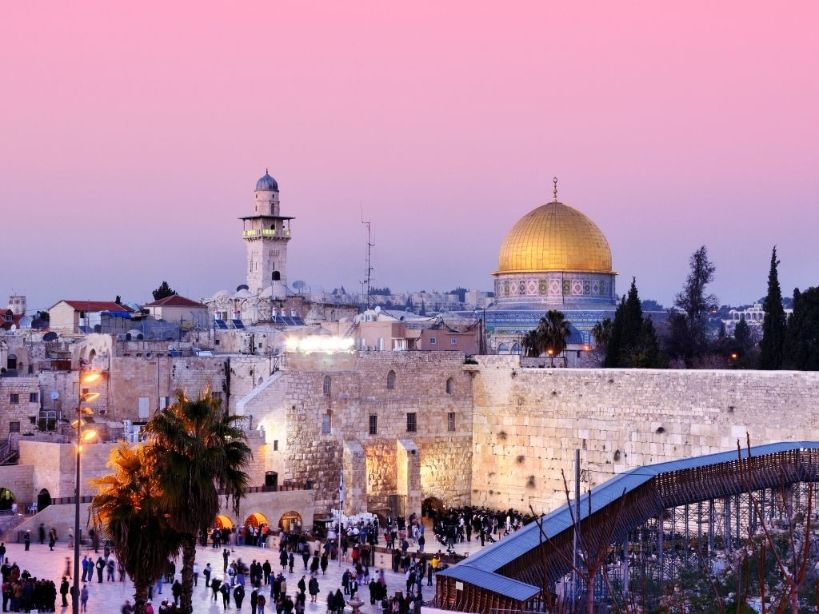
Cities in the Top 1000: 55
Countries in The Top 100: 20
Most powerful regional ecosystem: Israel
Ecosystem overperforming in certain vertical: On the city level, Nairobi, Kenya is overperforming in a range of verticals from a global 116th position to 74th in e-commerce, 60th in energy and 63rd in fintech; Lagos is another strong regional player in e-commerce ranking 50th from a 127th globally.
Overall trend in Middle East and Africa: Great things are happening in the background even if they are not yet in top positions. Developers and entrepreneurs often have to overcome political and economic stability and lack of infrastructural developments.
StartupBlink organizes monthly pitching events focusing on one startup ecosystem at a time that is looking for foreign investors. Connect with other entrepreneurs and local ecosystem thought leaders. Join us here.
